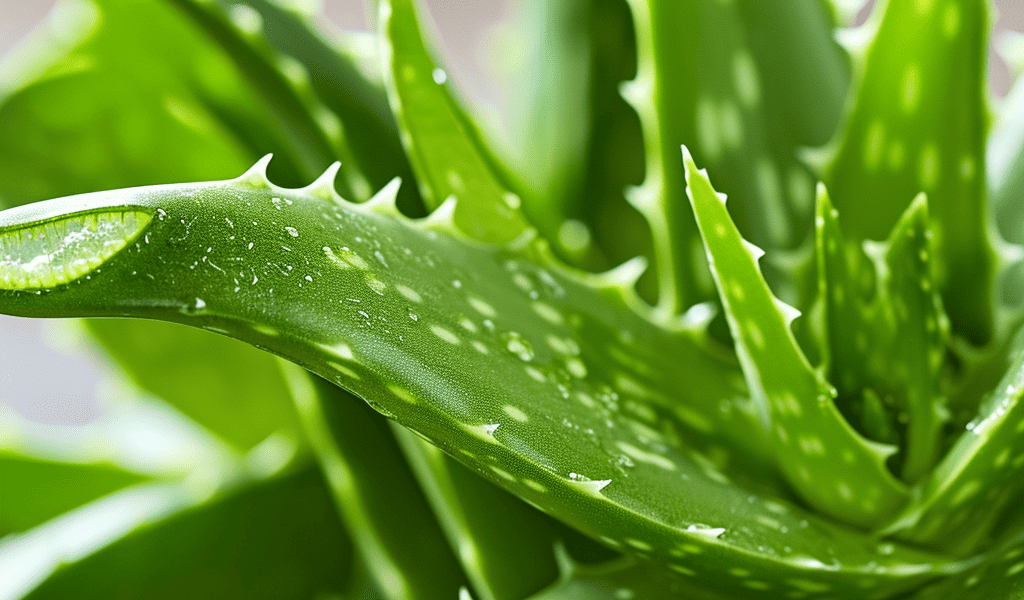Aloe vera, a succulent plant known for its skin-soothing properties, has been used for centuries in traditional medicine to treat various ailments. While aloe vera gel is commonly used topically, aloe vera juice is gaining attention for its potential health benefits when consumed.
There are two main types of aloe vera juice available commercially: inner leaf juice, made from pure aloe leaf gel, and decolorized whole-leaf juice, which involves removing the latex and outer leaf matter. Both types are considered safe for consumption and may offer various health benefits.
What Is Aloe Vera Juice?
Aloe vera juice is primarily composed of water, making up approximately 99% of its content. The two common types of commercially available aloe juice, inner leaf juice, and decolorized whole-leaf juice, differ in their processing methods but are both used as dietary supplements.
Potential Health Benefits of Aloe Vera
While research specifically on aloe juice is limited, the presence of antioxidants, such as vitamins A and C, in aloe vera suggests potential health benefits. Antioxidants are known to combat free radicals, which can cause damage to the body and lead to various health risks.
How Much Aloe Vera Juice Should You Drink?
It is important to consume aloe vera juice in moderation, as excessive intake may lead to adverse effects. Experts recommend consulting a healthcare professional to determine the appropriate amount of aloe vera juice for individual consumption.
Aloe Vera Juice Risks And Side Effects
While aloe vera juice may offer potential health benefits, it is essential to be aware of the associated risks and side effects. The presence of latex in aloe leaves has been linked to digestive issues, and excessive consumption of aloe juice may lead to adverse effects.
Who Should Avoid or Limit Aloe Vera Juice?
Individuals with pre-existing medical conditions, such as gastrointestinal disorders, should exercise caution when consuming aloe vera juice. Pregnant or breastfeeding women and children are also advised to consult healthcare professionals before incorporating aloe vera juice into their diet.
Overall, aloe vera juice shows promise as a natural dietary supplement with potential health benefits. However, it is crucial to approach its consumption with moderation and seek guidance from healthcare professionals to ensure safe and optimal use.





